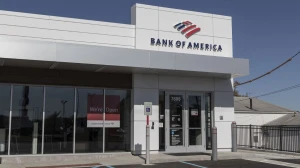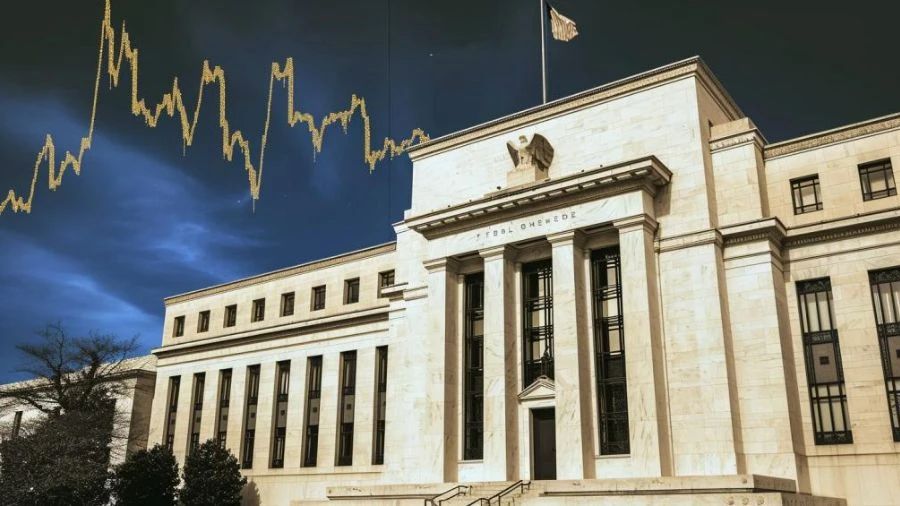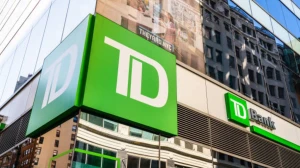
Why Does the Fed Pay Interest to Banks? Does the Federal Reserve Pay Taxes?
The Fed pays interest to banks to regulate the economy, ensuring stability by controlling reserve requirements and influencing the federal funds rate.
by Kowsalya
Published Aug 11, 2023 | Updated Jan 03, 2024 | 📖 4 min read
Why Does the Fed Pay Interest to Banks?
The Federal Reserve pays interest to banks as a crucial component of its monetary policy control. Commercial banks are required to maintain a certain amount of money in reserve, ensuring financial stability and preventing excessive lending that could pose risks. To meet these reserve requirements, banks may borrow from each other at the federal funds rate.
The Fed pays interest to banks on their deposits, both required and excess, influencing the federal funds rate and, consequently, the broader economy. This practice started in 2008 as a response to the financial crisis, allowing the Fed to implement effective monetary policies. The interest rate paid to banks is not fixed and is determined by the Federal Reserve Board of Governors, financed through various sources, including government securities and fees for services provided to commercial banks.
Does the Federal Reserve Pay Taxes?
No, the Federal Reserve does not pay taxes to the U.S. government. According to the Federal Reserve Act, the Fed is exempt from taxation at the federal, state, and local levels, with the exception of taxation on real estate. The exemption is rooted in the Federal Reserve's status as a government entity established over a century ago to manage U.S. fiscal policies and regulate banking institutions.
Despite generating substantial income, such as the $3.4 trillion in revenue in 2020, the Federal Reserve's exemption from taxation is a longstanding aspect of its financial structure.
The organization undergoes annual audits of its revenues and expenditures, with each of the 12 regional Federal Reserve Banks subject to thorough examination. While the Fed's profits, primarily derived from interest on government securities and Treasuries, contribute significantly to its revenue, the organization's exemption from taxes is a legal provision that underscores its unique role in the U.S. financial system.
Embark on a journey into the world of Finance with MarketsHost, where you'll find valuable information about Banking, Credit Cards, Loans, and much more.
When Does a Bank Earn Interest?
A bank earns interest primarily through the funds deposited by account holders. When individuals deposit money into savings accounts, the bank utilizes these funds to lend money to other customers or invest in various financial instruments. The interest charged on loans or earned from investments is higher than the interest paid to depositors.
This interest rate differential allows banks to generate revenue, covering operating costs and contributing to profits. Additionally, banks may also earn interest through interbank lending and other financial activities. The concept of compound interest plays a crucial role in banks' earnings, as the reinvestment of accumulated interest further contributes to their overall profitability.
How Does the Fed Affect Your Credit Card Interest Rate?
The Federal Reserve's decisions on interest rates significantly impact credit card interest rates. As the Fed adjusts the federal fund's target rate range, which banks use to set the prime rate, credit card issuers determine variable rates for credit cards based on the prime rate plus an added margin. Consequently, when the Fed raises interest rates, the prime rate increases, leading to higher credit card APRs.
This can result in elevated interest costs for cardholders, affecting both existing balances and new transactions. The recent trend of Fed rate hikes has contributed to a surge in average credit card APRs, emphasizing the importance for consumers to be mindful of managing their credit card debt amid changing economic conditions.
Where Does the Fed Get Money to Pay Interest to Banks?
The Federal Reserve pays interest to banks as a strategic tool in controlling monetary policy. This payment is extended on both minimum required reserve balances and excess balances. Before 2008, the Fed did not pay interest on bank deposits, but this changed with the passage of the Emergency Economic Stabilization Act, which aimed to address the fallout from the subprime mortgage crisis. By paying interest, the Fed influences the federal funds rate, a key element in monetary policy.
The interest rate on reserve balances is not fixed and is determined by the Federal Reserve Board of Governors, allowing flexibility to align with monetary policy goals. The funds for these payments come from various sources, including income generated through acquiring securities, fees for services provided to commercial banks, interest on loans, and income from foreign currency investments. This self-financed approach enables the Federal Reserve to play a crucial role in stabilizing the economy and implementing effective monetary policies.
Why Does the Fed Pay Interest to Banks? - FAQ
1. Why does the Federal Reserve pay interest to banks?
The Federal Reserve pays interest to banks to manage monetary policy by influencing the federal funds rate, which affects borrowing costs and economic activity.
2. How does the Federal Reserve affect credit card interest rates?
The Federal Reserve's changes in the federal funds rate impact the prime rate, which, in turn, influences credit card interest rates.
3. Why do banks have reserve requirements?
Reserve requirements ensure banks can meet depositors' demands and help control the money supply and economic conditions.
4. Does the Federal Reserve pay taxes on interest payments?
The Federal Reserve is mostly tax-exempt, except for real estate taxes; its profits, after expenses, are returned to the U.S. Treasury.
5. How do interest payments to banks affect the economy?
Interest payments can lead to increased government debt, impact bank taxation, and influence consumer spending and business investments due to higher borrowing costs.




